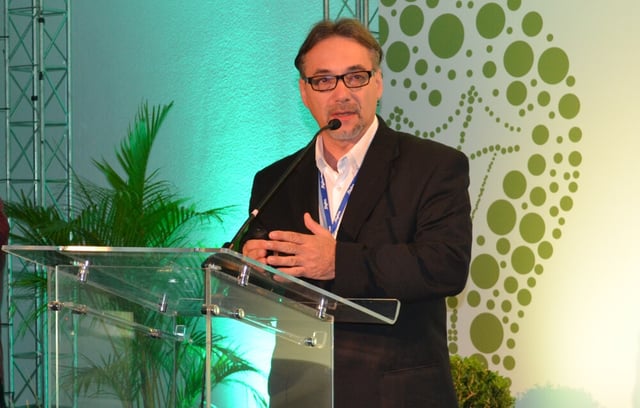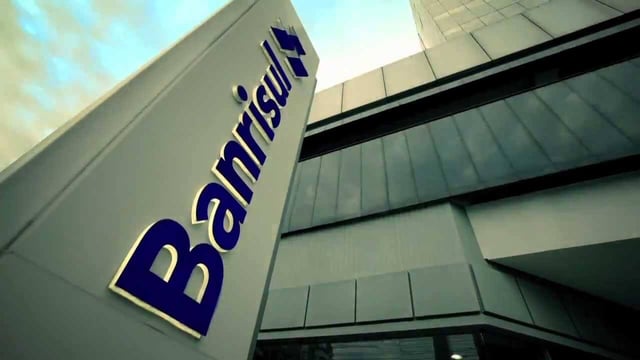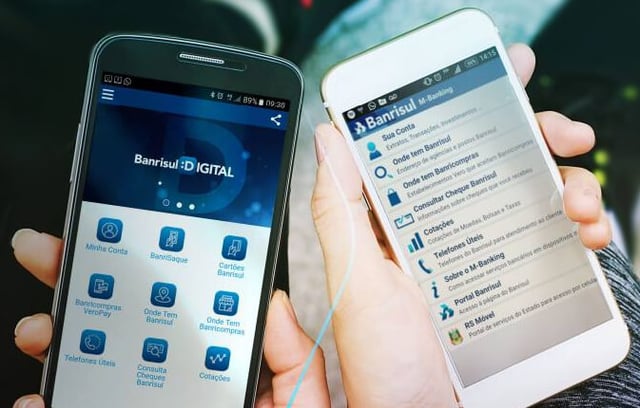Banrisul employee since 1981 and IT Director since 2015, Krug has been invited to present lectures at several IT world events, among them several editions of CARTES (France), CardTech SecurTech (USA), CLAB (Panama and Guatemala), MasterCard OneSmart (Taiwan) and Mobile Payments International (USA). Today we are pleased to interview him for another Spotlight session on security standards in the digital era of one of the largest banks in Brazil.
Avenue Code: You’re an active speaker at several conferences and events. What do you want the audiences you address to see? Where does your passion to share your story with the audience come from?
Jorge Krug: Technology presents itself to us in the form of innovation which pleases me a lot. I’m increasingly interested in provoking discussions that may generate results in order to leverage new concepts and produce results, services, and products within Banrisul itself.
 Jorge Fernando Krug Santos.
Jorge Fernando Krug Santos.
Avenue Code: The new phase of digital transformation in banks is changing the interactions between account holders and institutions. As customer habits are changing and new players are entering the market, the pressure for cost reduction has led many consumer-centric banks to turn to a 100% online relationship. How has Banrisul addressed this issue?
Jorge Krug: Banrisul, not unlike other banks, has had to implement digital transformation. We have already developed a series of tools and products that we are making available to our customers. In fact, we don’t call it a digital bank, but rather, a digital channel inside a traditional bank. It’s a completely changed world that primarily uses the mobile platform. But we have to be clear that this digital world is not only a pretty app on a smartphone, but also an entire model that encompasses the internal processes within the institution.
 The leader in account holder market share in the Brazilian state of Rio Grande do Sul.
The leader in account holder market share in the Brazilian state of Rio Grande do Sul.
Avenue Code: We know that security is one of the most important issues when it comes to the digital transformation of financial institutions. How does Banrisul handle this?
Jorge Krug: Banrisul has always viewed safety as a very important strategic point. Among the Brazilian banks, our bank is considered to have a high level of maturity with regards to applications and treatment of the data security, channels security, and dissemination of services. In the 90’s, when we implemented the first Internet Banking movement, we took a series of actions. In the 2000’s, we realized that by going beyond the perimeter of the organization itself, meaning transitioning from a physical agency to an electronic world, we would face a series of components and threats that we weren’t necessarily prepared for. In that moment, we learned that we needed to be prepared with a series of actions focused on the issue of security when delivering services to the customer on the digital channel. Currently, the Bank is very well prepared, and we won the E-Finance Award in June of this year at CIAB 2017 for having the 1st virtual card - which is perhaps the most secure virtual card currently on the market. The Bank developed this card, as well as the physical card model, by implementing security functions for an MV application and PKI application inside the card itself.
Avenue Code: During the Febraban 2017 CIAB, you mentioned that banks need to review methodologies and safety standards in order to stay current in the digital age and reach the next stage. What has Banrisul done in order to be prepared when this new phase reaches the Brazilian market?
Jorge Krug: When it comes to security, you have a series of visibly enforced security gaps with regards to the speed with which things hit and the development of applications at a written code level. When delivering service at this speed, it is mandatory to have a differentiated safety treatment. We chose a solution from a physical smartcard that has a PKI application. Another issue is the Internet of Things, a movement in which security is fundamental. When I implement a cool new feature, such as a biometric or behavioral authentication, I always have to think about how it will operate within an IOT world.

Avenue Code: Tell us a little bit more about the important projects you're leading, such as the implementation of a multipurpose chip card. How do you think it will it change the way we do business?
Jorge Krug: Banrisul was the first bank in Brazil to impose a model of a multi-application architecture using the MV Europay MasterCard/Visa standard on a single chip, a pattern that was developed by flags in the 90’s. We used a Multos operating system, which at the time was really the first operating system of a very efficient brand. In addition to this, another application was developed based on the PKI architecture, which is a public key structure. Currently, perhaps the great leap of technology that the bank has taken in relation to other banks is having a multi-application architecture with two basic applications: one oriented to debt and one to credit. We went to the Brazilian Government and we brought forth the Banrisul card, the first ICP Brazil certificate. At that time, Brazil was launching a national PKI, called ICP Brasil, which was the public key infrastructure for Brazil.
Avenue Code: What’s next for you in your career?
Jorge Krug: This is a difficult to answer this question because there are so many challenges in this digital transformation. Keeping up with society’s demands for change and highly disruptive technology has also proven to be difficult. We have to be attentive to all the movements. A public bank, such as Banrisul, is not only a great Brazilian bank, but also a great world bank. There is a need for banks to address consumers’ needs and continue technological modernization, so I think that is the big challenge - to put our bank at the forefront of this movement.
Avenue Code: Thanks for your time Jorge, It was such a pleasure to learn more about how digital transformation in banks is changing the financial world as we know it. We hope to see you soon at conferences and events!
Author
Sthefanie Mingall
Sthefanie Mingall works in Marketing and Business Development at Avenue Code. She's passionate about old movies and traveling, although for her there is no place like home. Even so, she will always have Paris.





